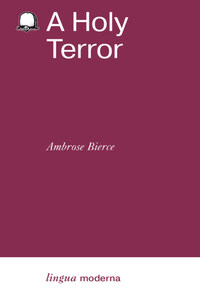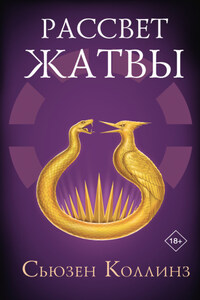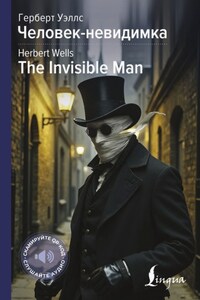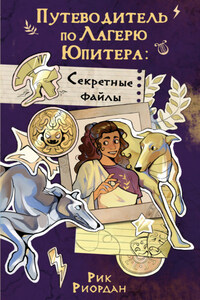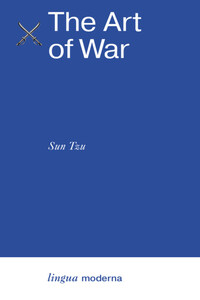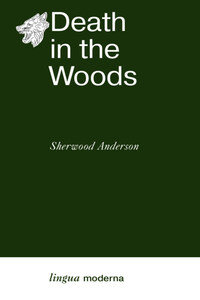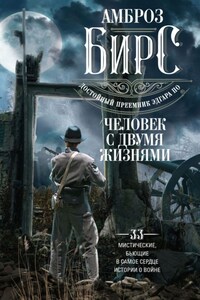There was an entire lack of interest in the latest arrival at Hurdy-Gurdy. He was not even christened with the picturesquely descriptive nick-name which is so frequently a mining camp's word of welcome to the newcomer. In almost any other camp thereabout this circumstance would of itself have secured him some such appellation as “The White-headed Conundrum,” or “No Sarvey”-an expression naively supposed to suggest to quick intelligences the Spanish quien sabe. He came without provoking a ripple of concern upon the social surface of Hurdy-Gurdy – a place which to the general Californian contempt of men's personal history superadded a local indifference of its own. The time was long past when it was of any importance who came there, or if anybody came. No one was living at Hurdy-Gurdy.
Two years before, the camp had boasted a stirring population of two or three thousand males and not fewer than a dozen females. A majority of the former had done a few weeks' earnest work in demonstrating, to the disgust of the latter, the singularly mendacious character of the person whose ingenious tales of rich gold deposits had lured them thither – work, by the way, in which there was as little mental satisfaction as pecuniary profit; for a bullet from the pistol of a public-spirited citizen had put that imaginative gentleman beyond the reach of aspersion on the third day of the camp's existence. Still, his fiction had a certain foundation in fact, and many had lingered a considerable time in and about Hurdy-Gurdy, though now all had been long gone.
But they had left ample evidence of their sojourn. From the point where Injun Creek falls into the Rio San Juan Smith, up along both banks of the former into the cañon whence it emerges, extended a double row of forlorn shanties that seemed about to fall upon one another's neck to bewail their desolation; while about an equal number appeared to have straggled up the slope on either hand and perched themselves upon commanding eminences, whence they craned forward to get a good view of the affecting scene. Most of these habitations were emaciated as by famine to the condition of mere skeletons, about which clung unlovely tatters of what might have been skin, but was really canvas. The little valley itself, torn and gashed by pick and shovel, was unhandsome with long, bending lines of decaying flume resting here and there upon the summits of sharp ridges, and stilting awkwardly across the intervals upon unhewn poles. The whole place presented that raw and forbidding aspect of arrested development which is a new country's substitute for the solemn grace of ruin wrought by time. Wherever there remained a patch of the original soil a rank overgrowth of weeds and brambles had spread upon the scene, and from its dank, unwholesome shades the visitor curious in such matters might have obtained numberless souvenirs of the camp's former glory – fellowless boots mantled with green mould and plethoric of rotting leaves; an occasional old felt hat; desultory remnants of a flannel shirt; sardine boxes inhumanly mutilated and a surprising profusion of black bottles distributed with a truly catholic impartiality, everywhere.
The man who had now rediscovered Hurdy-Gurdy was evidently not curious as to its archæology. Nor, as he looked about him upon the dismal evidences of wasted work and broken hopes, their dispiriting significance accentuated by the ironical pomp of a cheap gilding by the rising sun, did he supplement his sigh of weariness by one of sensibility. He simply removed from the back of his tired burro a miner's outfit a trifle larger than the animal itself, picketed that creature and selecting a hatchet from his kit moved off at once across the dry bed of Injun Creek to the top of a low, gravelly hill beyond.
Stepping across a prostrate fence of brush and boards he picked up one of the latter, split it into five parts and sharpened them at one end. He then began a kind of search, occasionally stooping to examine something with close attention. At last his patient scrutiny appeared to be rewarded with success, for he suddenly erected his figure to its full height, made a gesture of satisfaction, pronounced the word “Scarry” and at once strode away with long, equal steps, which he counted. Then he stopped and drove one of his stakes into the earth. He then looked carefully about him, measured off a number of paces over a singularly uneven ground and hammered in another. Pacing off twice the distance at a right angle to his former course he drove down a third, and repeating the process sank home the fourth, and then a fifth. This he split at the top and in the cleft inserted an old letter envelope covered with an intricate system of pencil tracks. In short, he staked off a hill claim in strict accordance with the local mining laws of Hurdy-Gurdy and put up the customary notice.
It is necessary to explain that one of the adjuncts to Hurdy-Gurdy – one to which that metropolis became afterward itself an adjunct – was a cemetery. In the first week of the camp's existence this had been thoughtfully laid out by a committee of citizens. The day after had been signalized by a debate between two members of the committee, with reference to a more eligible site, and on the third day the necropolis was inaugurated by a double funeral. As the camp had waned the cemetery had waxed; and long before the ultimate inhabitant, victorious alike over the insidious malaria and the forthright revolver, had turned the tail of his pack-ass upon Injun Creek the outlying settlement had become a populous if not popular suburb. And now, when the town was fallen into the sere and yellow leaf of an unlovely senility, the graveyard – though somewhat marred by time and circumstance, and not altogether exempt from innovations in grammar and experiments in orthography, to say nothing of the devastating coyote – answered the humble needs of its denizens with reasonable completeness. It comprised a generous two acres of ground, which with commendable thrift but needless care had been selected for its mineral unworth, contained two or three skeleton trees (one of which had a stout lateral branch from which a weather-wasted rope still significantly dangled), half a hundred gravelly mounds, a score of rude headboards displaying the literary peculiarities above mentioned and a struggling colony of prickly pears. Altogether, God's Location, as with characteristic reverence it had been called, could justly boast of an indubitably superior quality of desolation. It was in the most thickly settled part of this interesting demesne that Mr. Jefferson Doman staked off his claim. If in the prosecution of his design he should deem it expedient to remove any of the dead they would have the right to be suitably reinterred.
